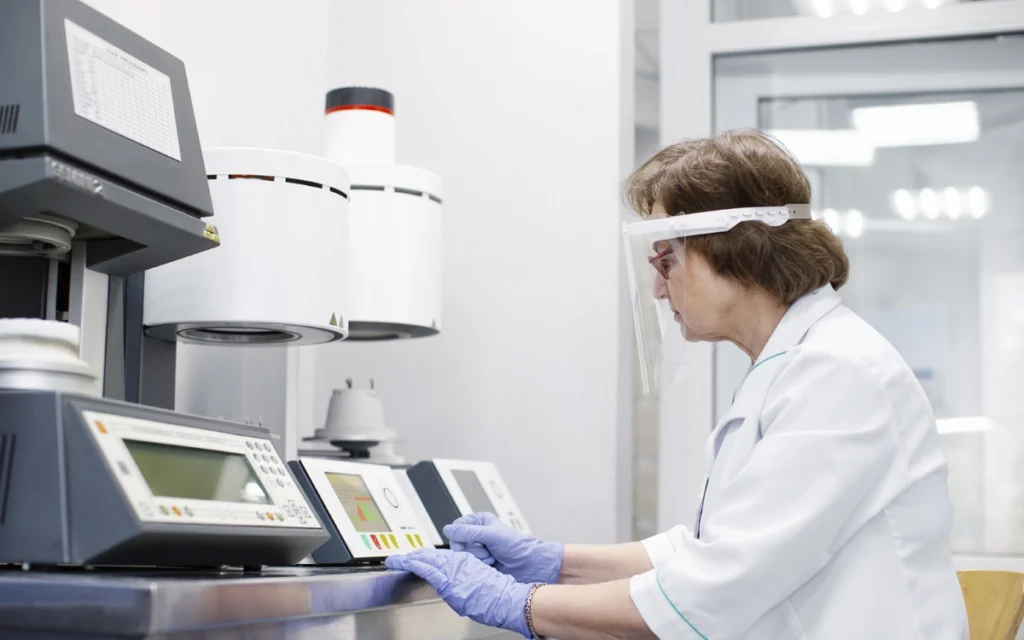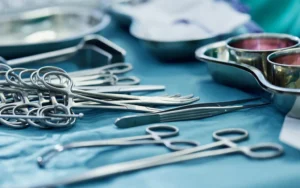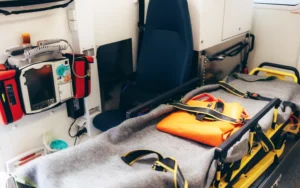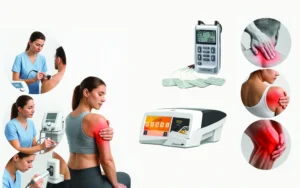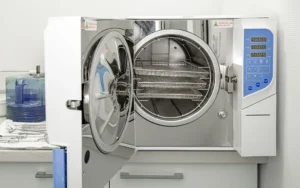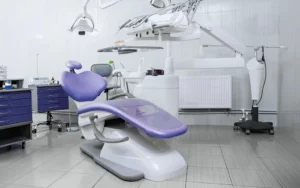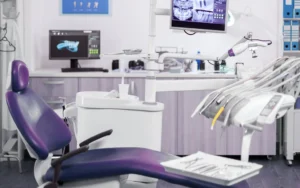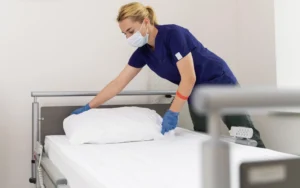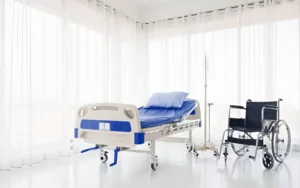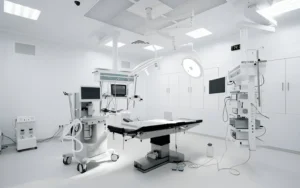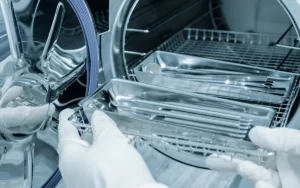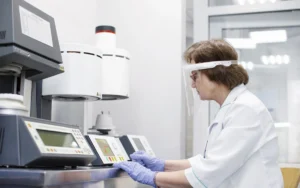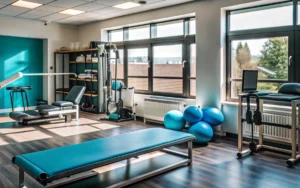The importance of medical equipment calibration cannot be overlooked for several reasons. It poses a significant threat not only to patients but also to healthcare professionals.
Let me explain with an example: a faulty blood pressure monitor could provide an incorrect reading, leading the doctor to administer the wrong treatment. Calibration is crucial for keeping patients safe and ensuring they receive the best possible care.
In this blog post, let’s analyse the following:
[ez-toc]
Finally, you will gain an understanding of whether you need to perform a medical calibration. Let’s dive into the topic. Shall we start from the basics?
What is medical equipment calibration?
Medical equipment calibration is the process of ensuring that medical devices are accurate and precise in their measurements. It involves comparing the device’s readings to a known standard and making adjustments if necessary. This is important because inaccurate medical equipment can lead to incorrect diagnoses and treatments.
This is what a medical equipment calibration is. But the confusing question is about the time when medical equipment needs to be calibrated. As a reputed medical equipment company in Dubai, we have crystal clear answers for the same.
When should medical equipment be calibrated?
There is no one word answer for this question. Medical equipment should be calibrated regularly based on manufacturer recommendations, regulatory requirements, and the specific device’s usage.
Here are some general guidelines:
- High-risk devices: These devices, such as those used for critical care or surgery, often require more frequent calibration, sometimes even daily or weekly.
- Low-risk devices: Devices used for less critical tasks might only need calibration annually or biannually.
- Usage frequency: Devices that are used frequently or under harsh conditions may need more frequent calibration.
- Regulatory requirements: Many countries have specific regulations regarding medical equipment calibration, including frequency and documentation.
It’s essential to consult your equipment manufacturer’s instructions and relevant regulations to determine the appropriate calibration schedule for each piece of equipment.
Why is Medical Equipment Calibration Important?
The use of medical equipment has been a turning point in healthcare. It not only saves lives but also helps in understanding health conditions. Moreover, medical equipment calibration is important for several reasons. Here are some of them:
Accurate diagnoses and treatments: Incorrect readings from medical devices can lead to misdiagnosis, ineffective treatments, or even adverse health outcomes. Accurate calibration ensures that devices provide reliable measurements, supporting informed decision-making.
Patient safety: Calibration helps prevent medical errors and ensures that patients receive the correct care. For example, an inaccurate blood pressure monitor could lead to incorrect medication adjustments.
Regulatory compliance: Many healthcare facilities are subject to regulatory requirements that mandate regular calibration of medical equipment. Non-compliance can result in fines, penalties, or even loss of accreditation.
Quality assurance: Calibration is a fundamental part of quality assurance programs in healthcare. It demonstrates a commitment to providing high-quality care and maintaining patient safety.
Cost-effectiveness: Calibration can help prevent costly equipment repairs or replacements due to malfunctions caused by inaccurate readings. Regular maintenance can extend the lifespan of medical devices and reduce overall operating costs.
If you’ve read the blog so far, you might have questions like, How do you perform medical equipment calibration? We have answers for that too.
How Medical Equipment Calibration is Performed? Your Step by Step Guide
Preparation: The equipment is prepared for calibration by ensuring it is clean, powered on, and in a stable environment. Any necessary accessories or reference materials are gathered.
Reference standard: A known standard, such as a certified weight, thermometer, or pressure gauge, is used to compare the equipment’s readings. The reference standard must be traceable to a national metrology institute.
Measurement: The equipment is tested using the reference standard. Readings are taken and recorded.
Comparison: The readings from the equipment are compared to the reference standard. Any discrepancies are noted.
Correction: If necessary, adjustments are made to the equipment to bring its readings into alignment with the reference standard.
Documentation: The calibration process is documented, including the date, reference standard used, readings, adjustments made, and the equipment’s serial number.
Verification: After adjustments are made, the equipment is retested to verify that it is now accurate.
Labelling: A calibration sticker or label is affixed to the equipment indicating the date of calibration, the next due date, and any relevant information.
Calibration can be performed in-house by trained technicians or outsourced to specialised calibration laboratories. The frequency of calibration depends on the type of equipment, its usage, and regulatory requirements.
Conclusion
We know how important it is to keep medical equipment calibrated. Winray offer a complete calibration service to make sure your devices work perfectly. Our certified technicians use the latest tools and follow top industry standards.
Want to ensure patient safety and extend your equipment’s life? Call us today! We’ll guide you through the process, answer your questions, and help set up a strong calibration plan for your facility.
Investing in calibration means investing in safety, compliance, and better healthcare. Don’t wait—visit medical equipment calibration service provider in UAE and see how we can improve your medical services!
